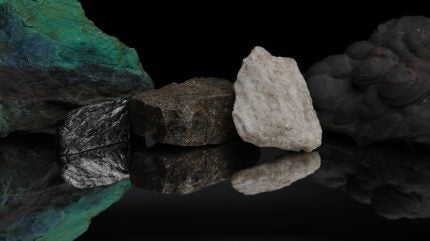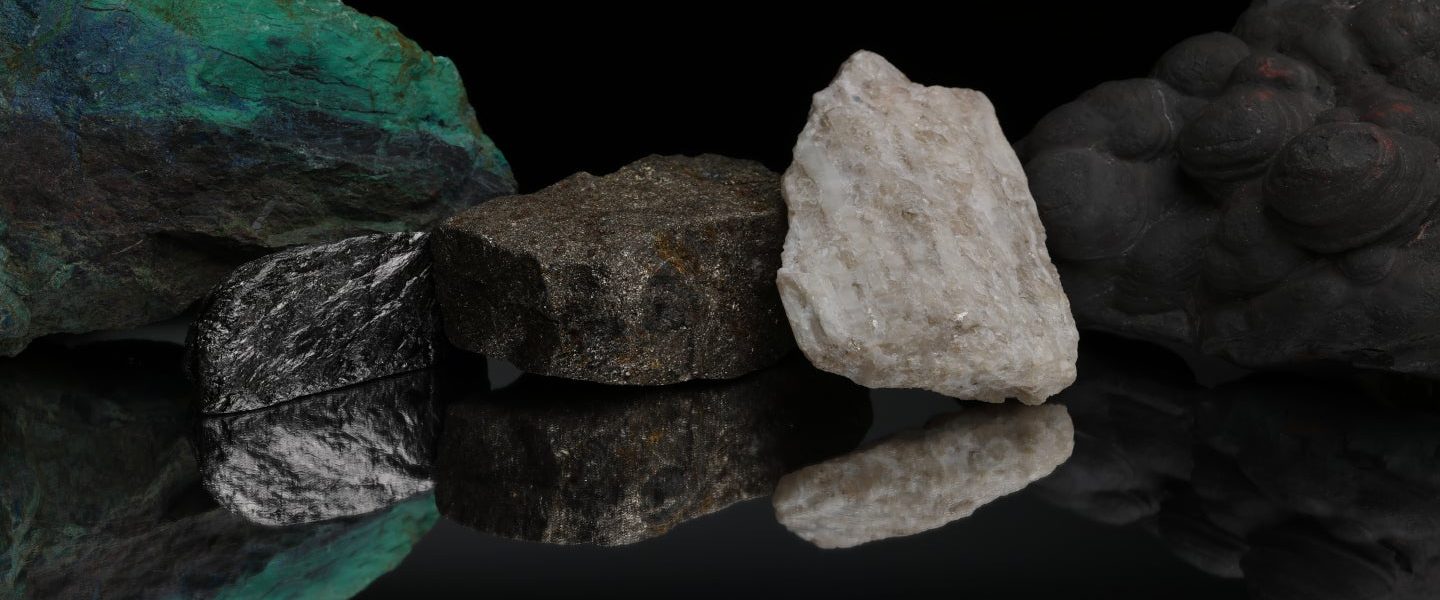
The US Department of Defense’s Open Price Exploration for National Security AI metals programme has been transferred to the Critical Minerals Forum (CMF), a non-profit organisation that aids miners and manufacturers with supply deal negotiations, reported Reuters.
The AI metals programme was launched in late 2023 to counter China’s dominance in critical minerals.
The programme is designed to predict the cost of metals, excluding Chinese market manipulation, to foster confident transactions between buyers and sellers.
Trained on more than 70 mining-related data sets, the programme is intended to guide long-term investment decisions.
The CMF’s membership includes 30 founding members comprising mining companies, manufacturers and investors, according to Rob Strayer, a former US diplomat and the CMF president.
Members include Volkswagen, copper miner South32, rare earths miner MP Materials and defence contractor RTX.
The CMF’s strategy is to facilitate supply deals with Western mines, reflecting a move to alter traditional metal trading methods.
The organisation also connects mining projects with potential investors and manufacturers to establish a secure metals supply.
The CMF will be funded by the US Defense Advanced Research Projects Agency (DARPA) until at least 2029. DARPA is expected to transfer the AI model’s intellectual property to the CMF in 2027.
The organisation’s role is gaining importance as China restricts exports of critical minerals, prompting the need for more US mines and processing facilities, the report stated.
Furthermore, US President Donald Trump has directed his administration to boost domestic production of crucial minerals, a venture that could benefit from the CMF’s data, according to the AI programme officials.
The US recently fast-tracked permitting for ten mining projects across the US to boost the production of critical minerals.
However, the AI programme has faced scepticism about its potential to transform metal trading as industry experts are not convinced of the AI model’s effectiveness.
“I have tried to politely say I think this is worthless. Can we predict the price of oil better now than five years ago? The answer is no. Machine learning doesn’t help,” said Ian Lange from the Colorado School of Mines.

